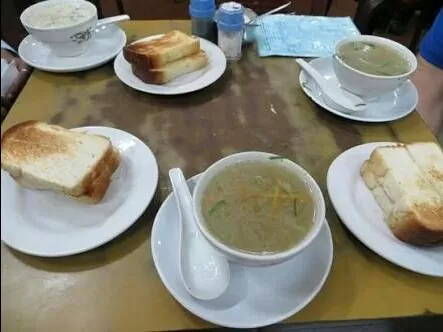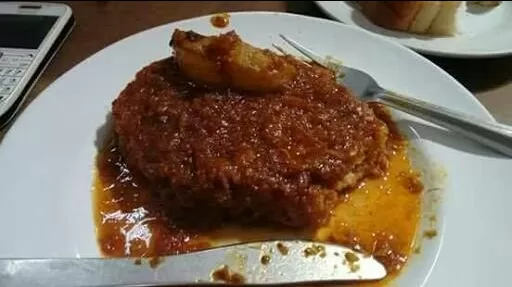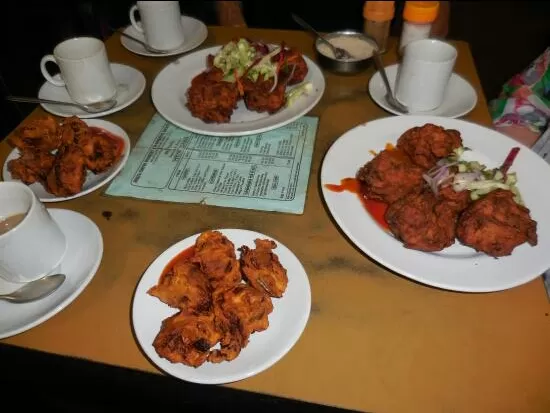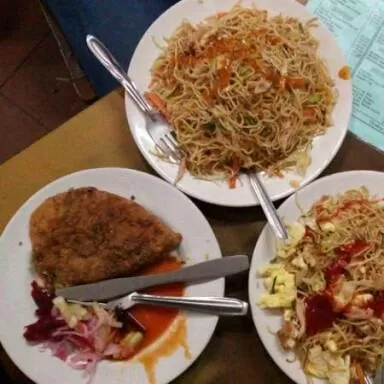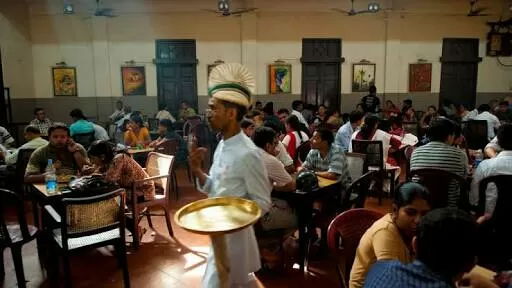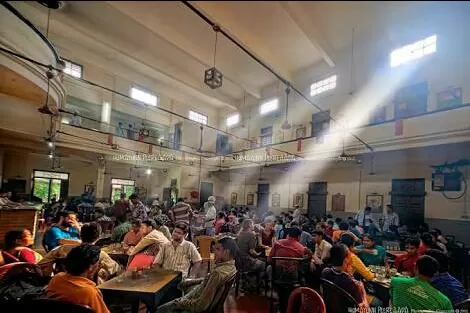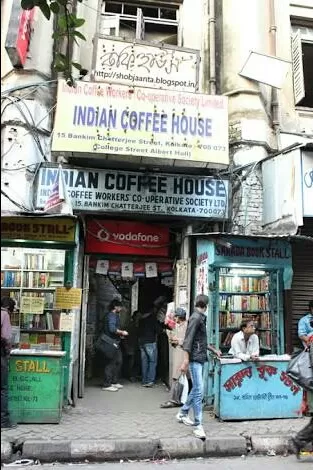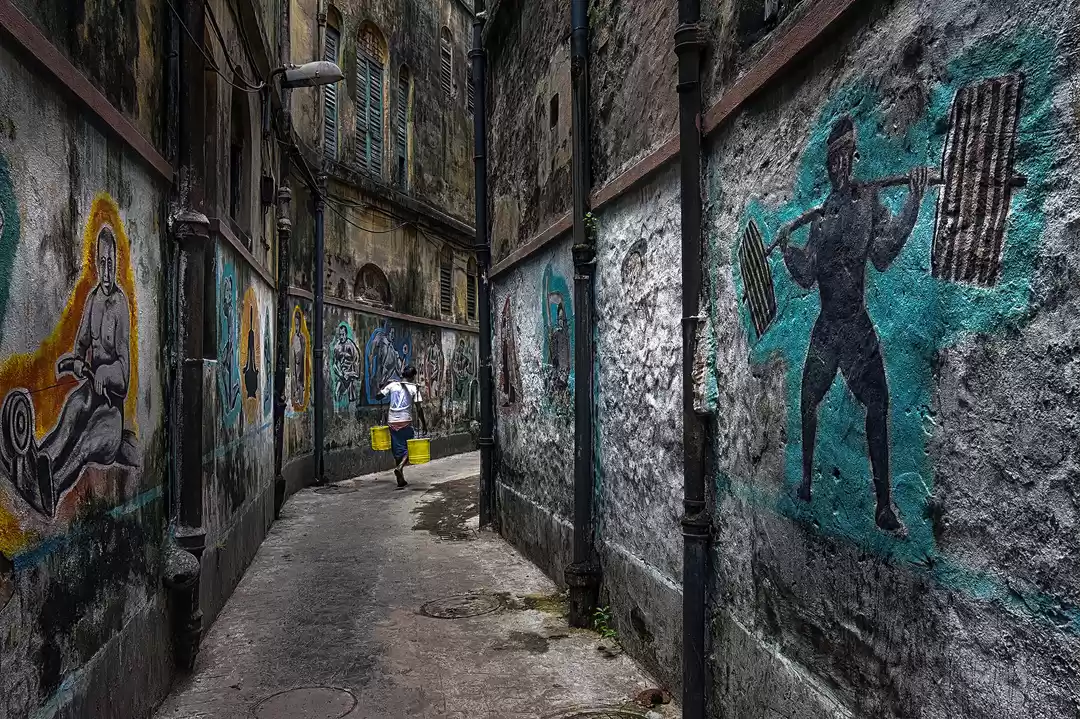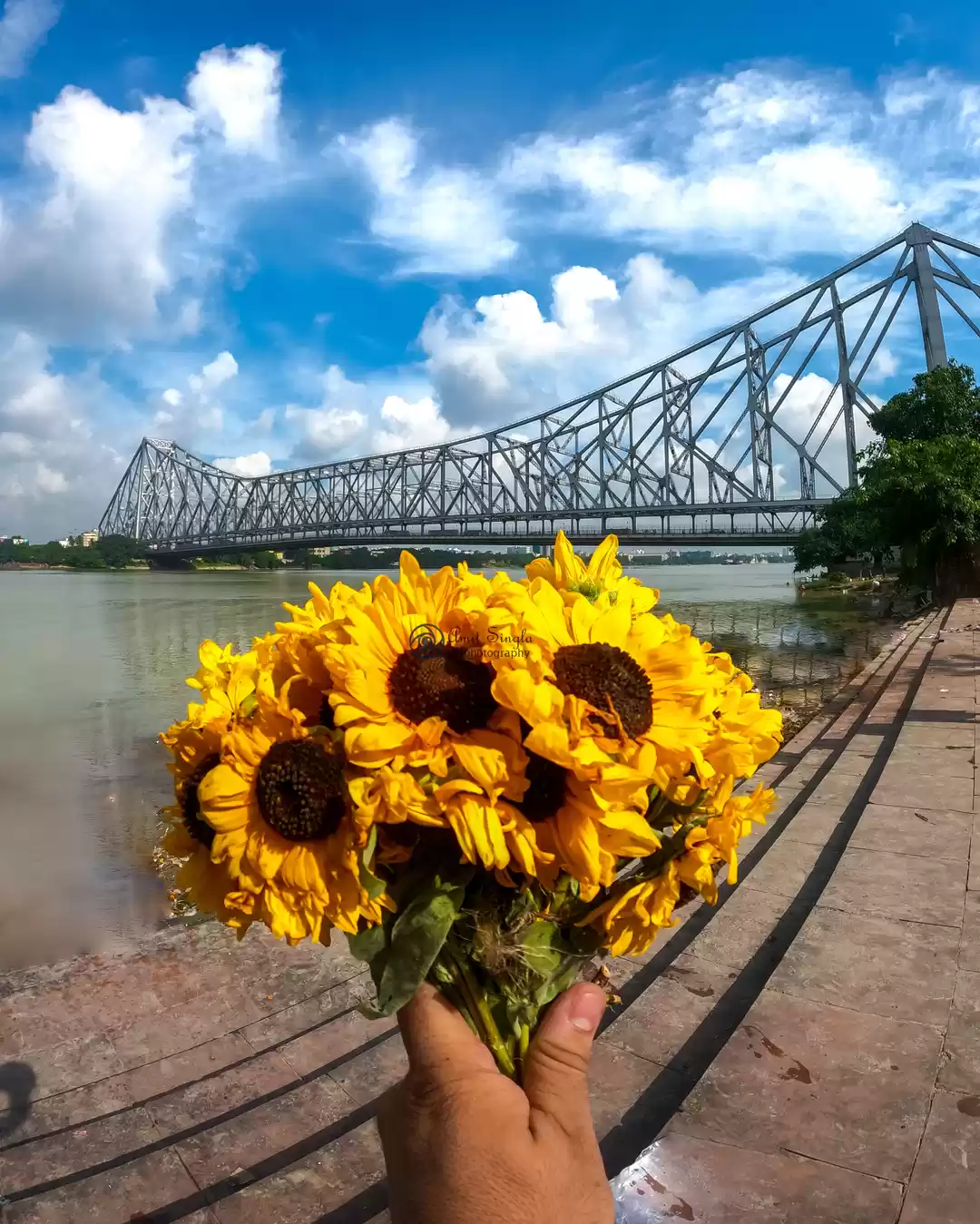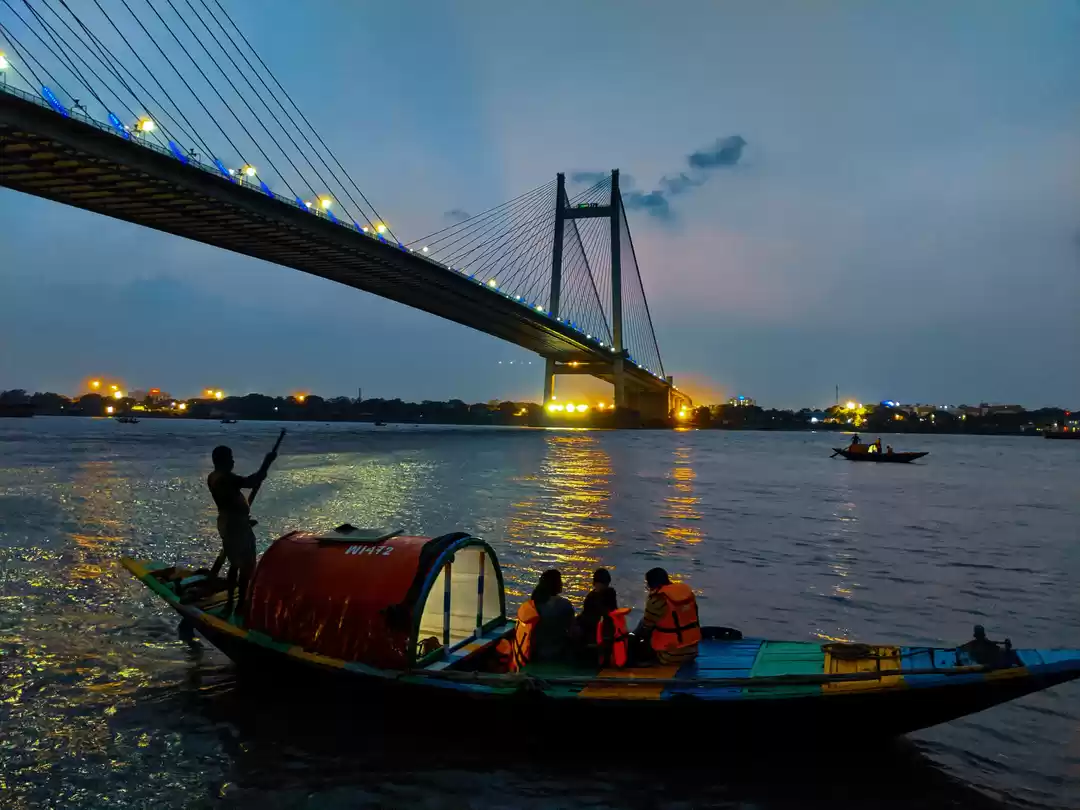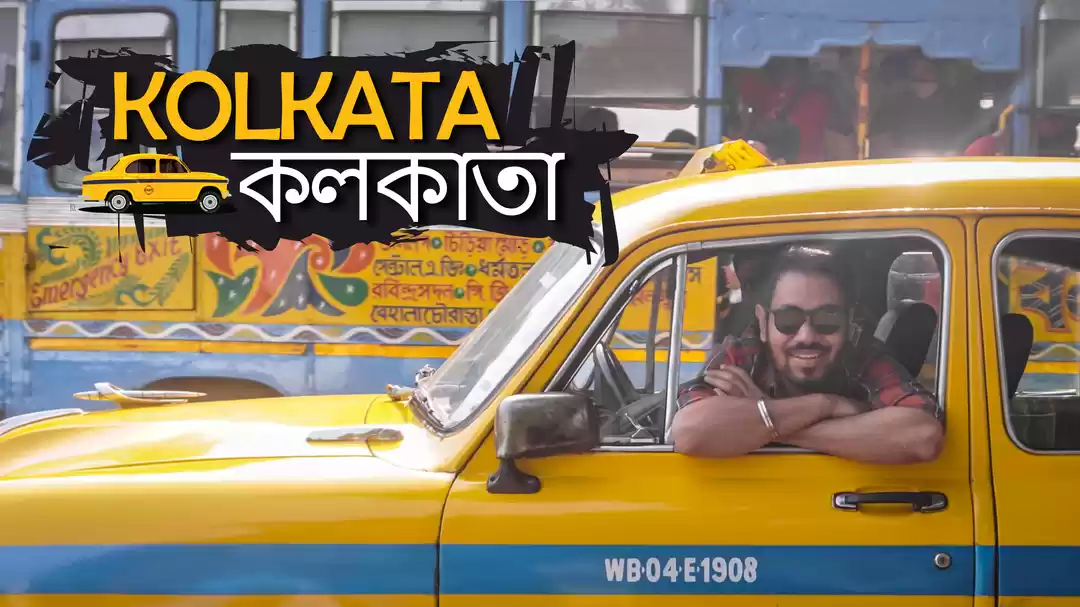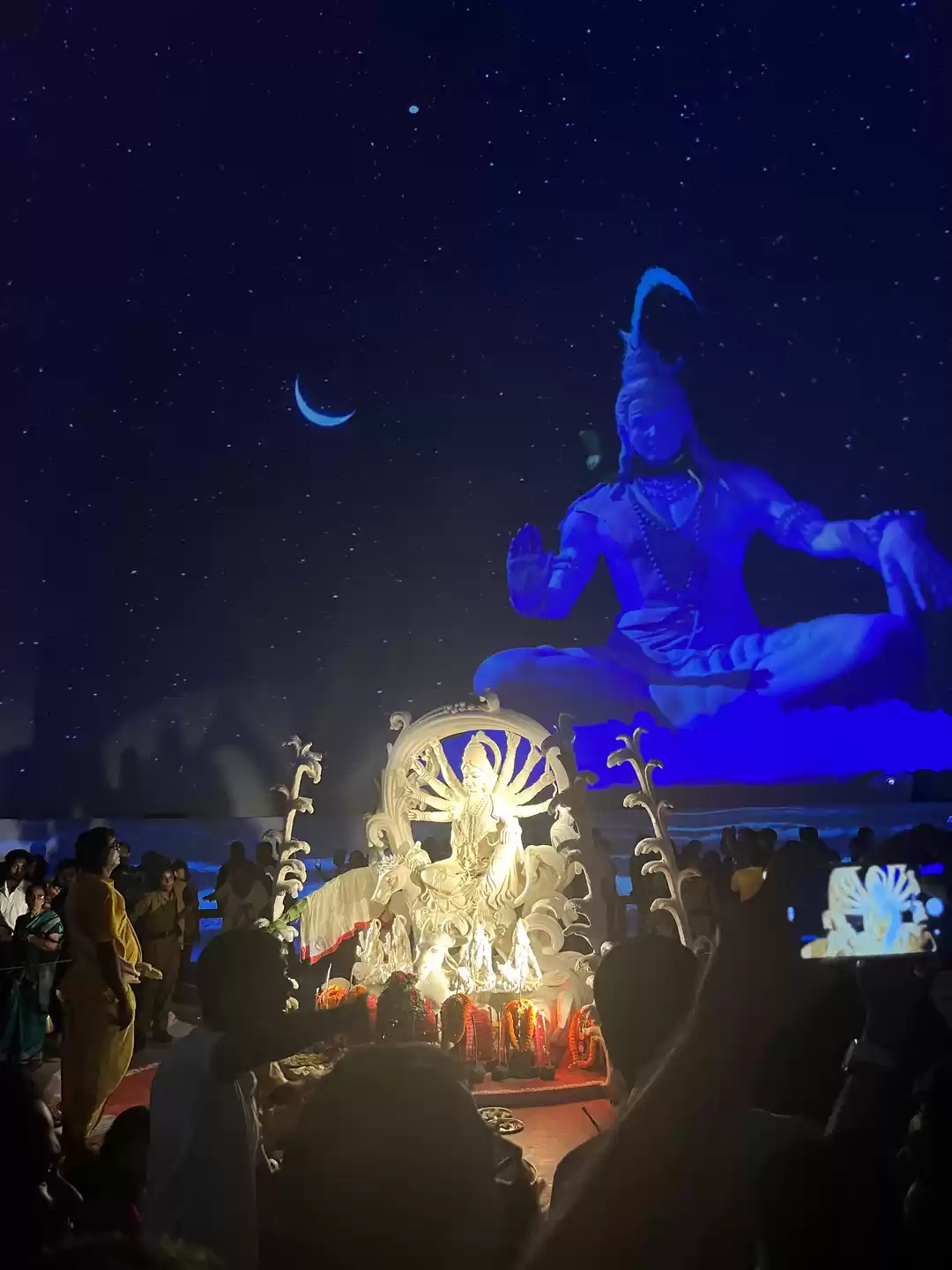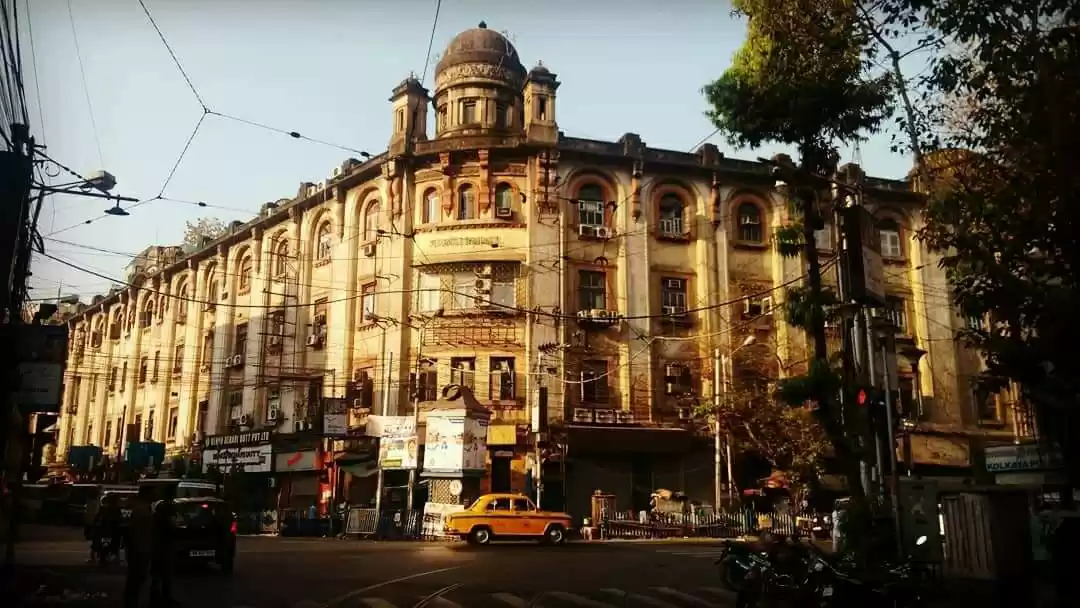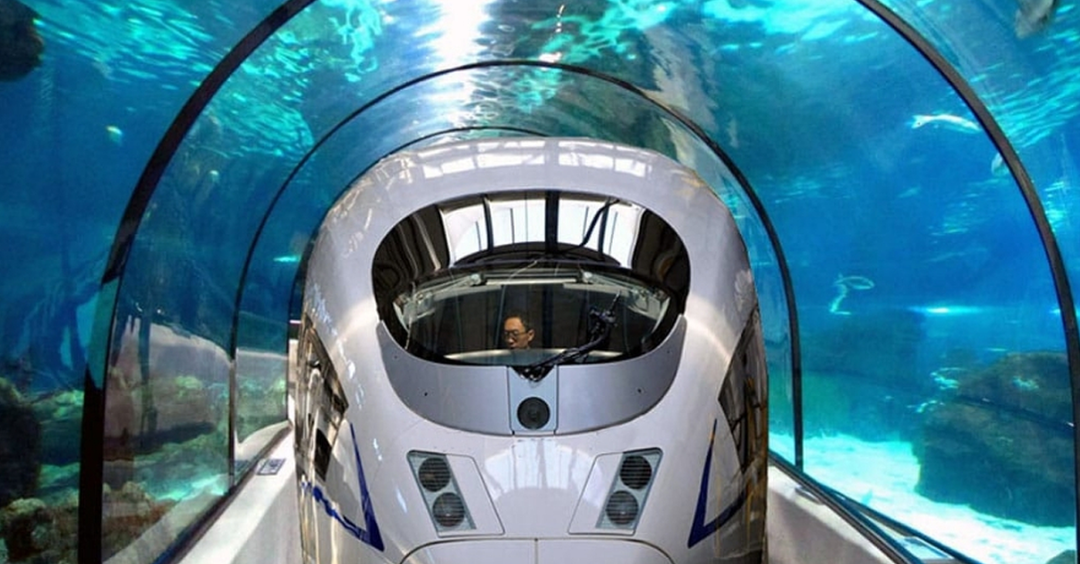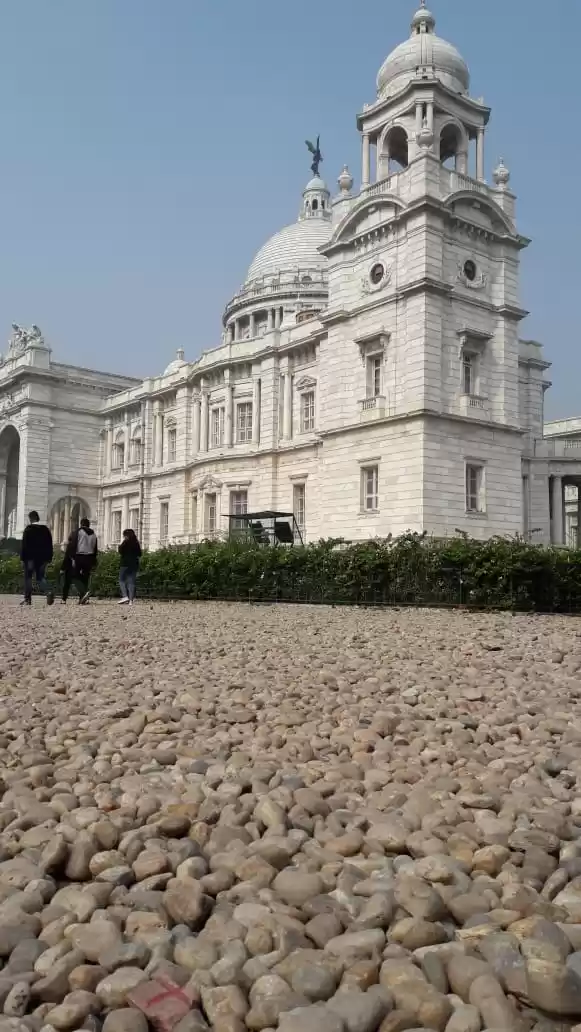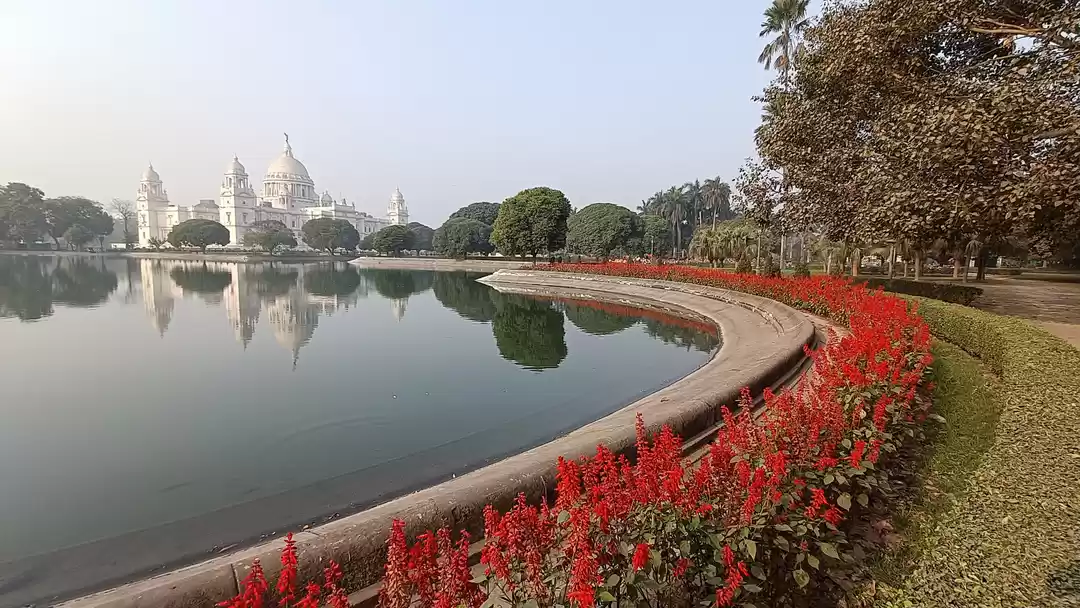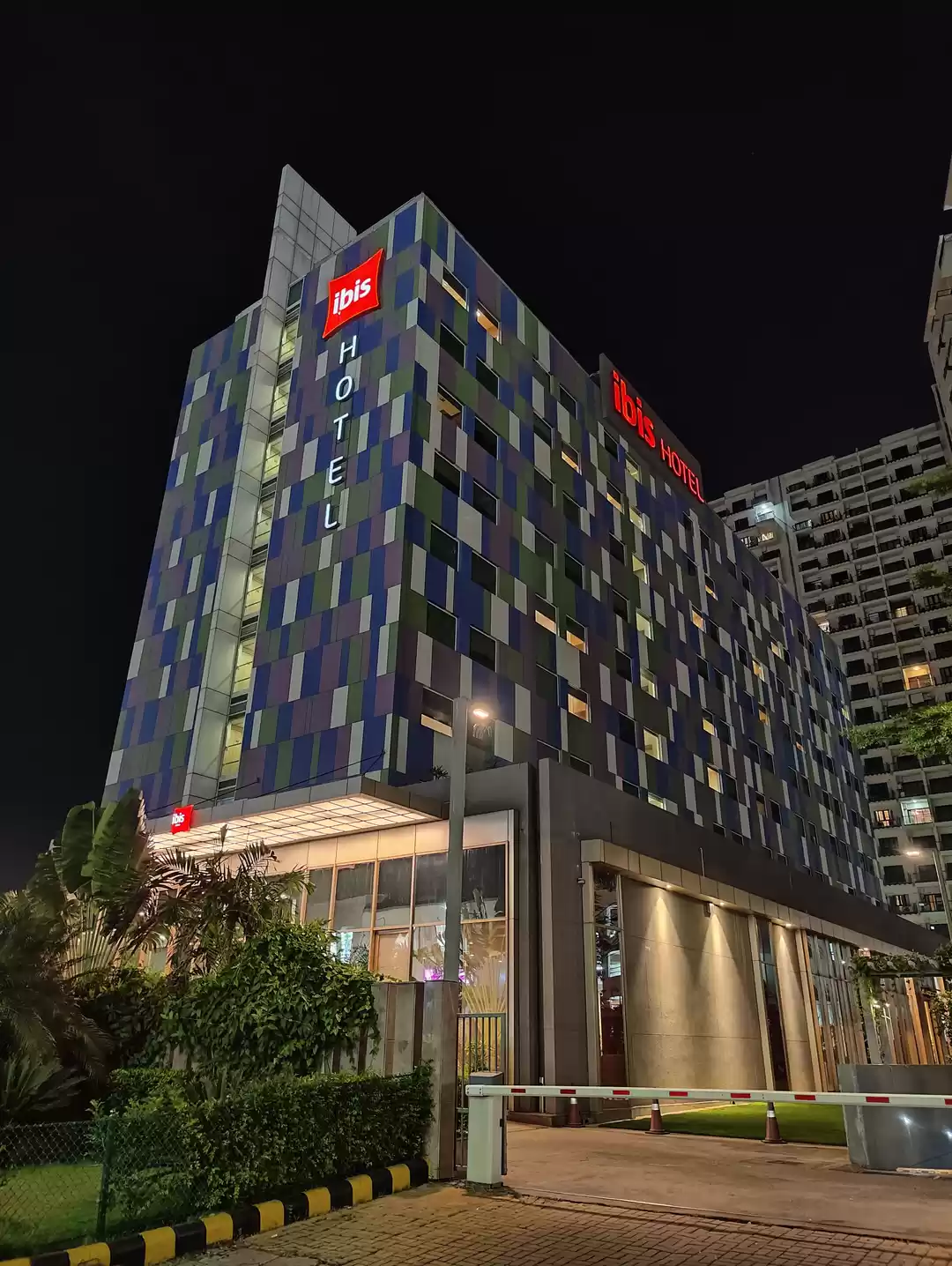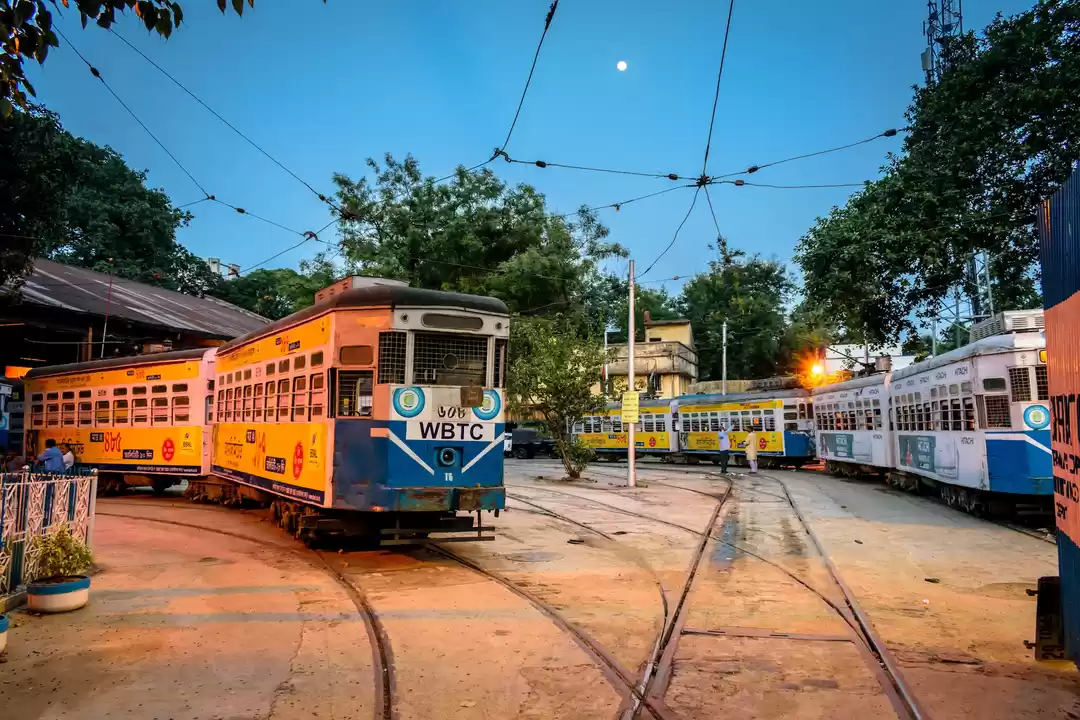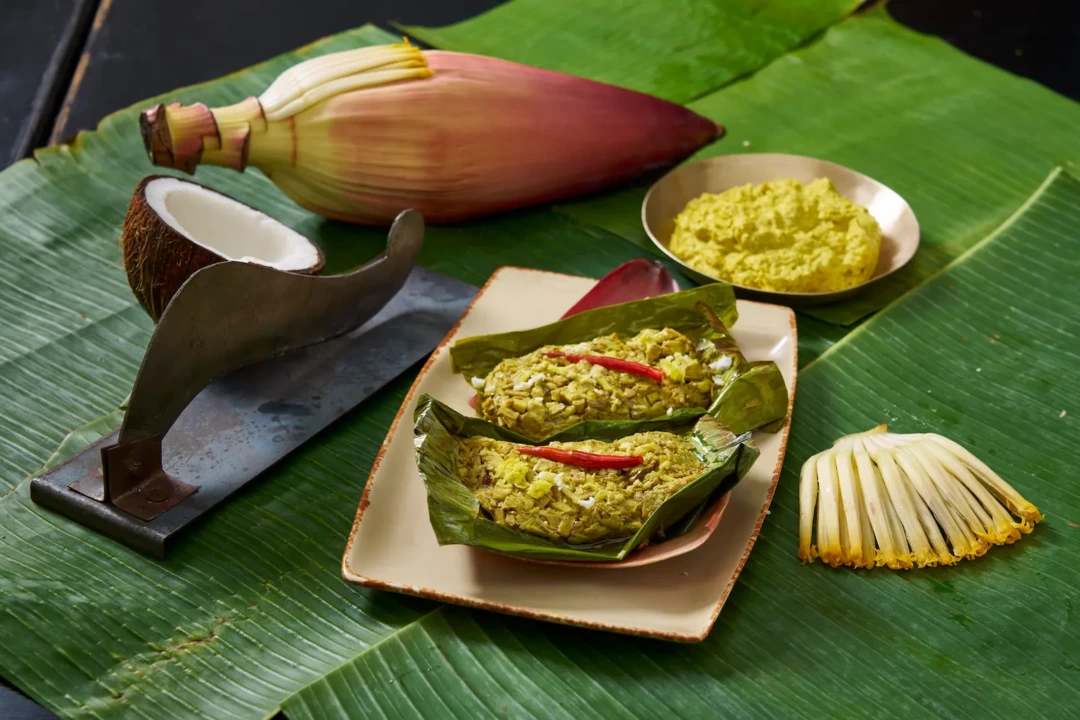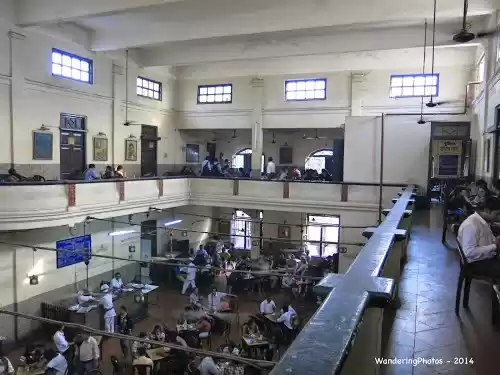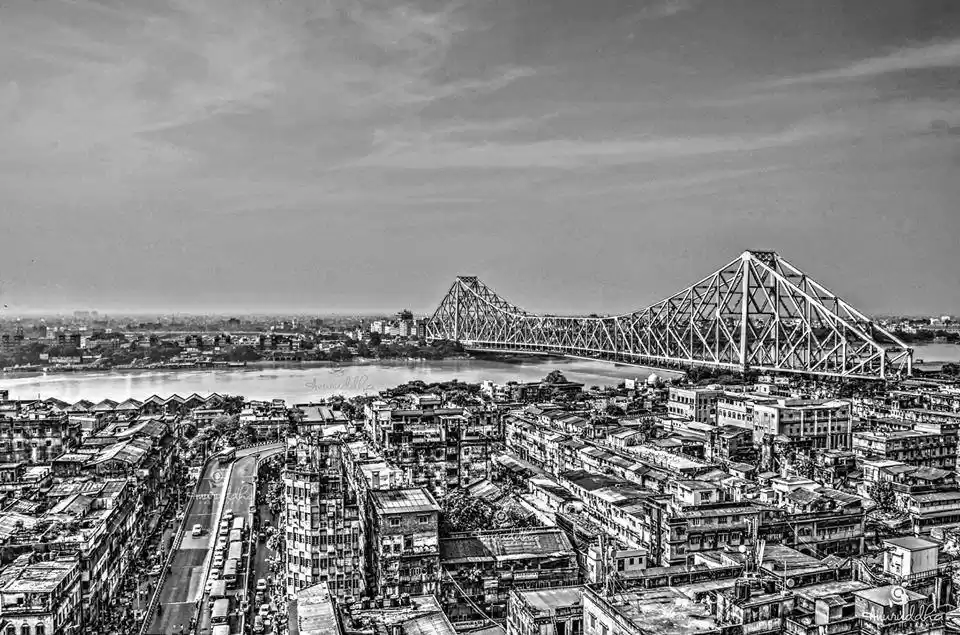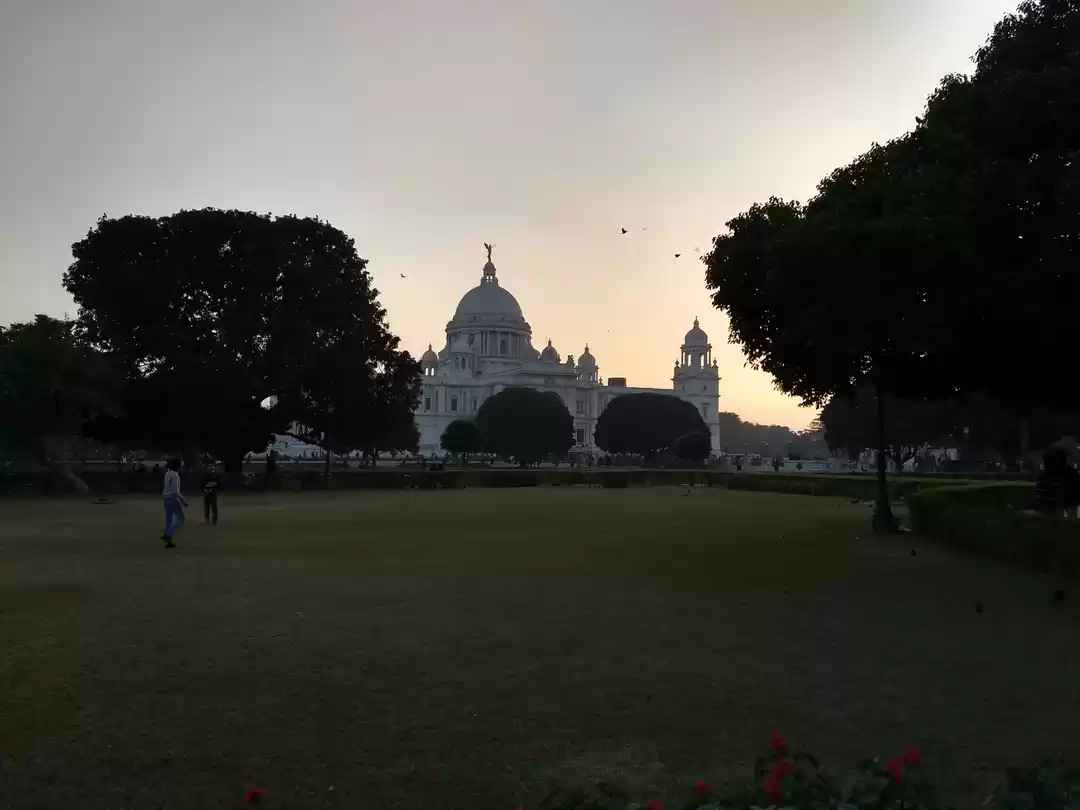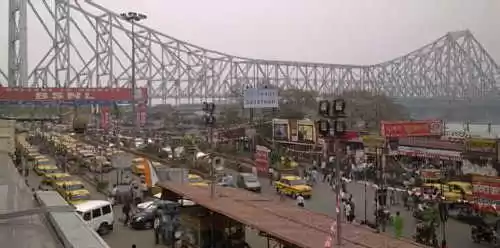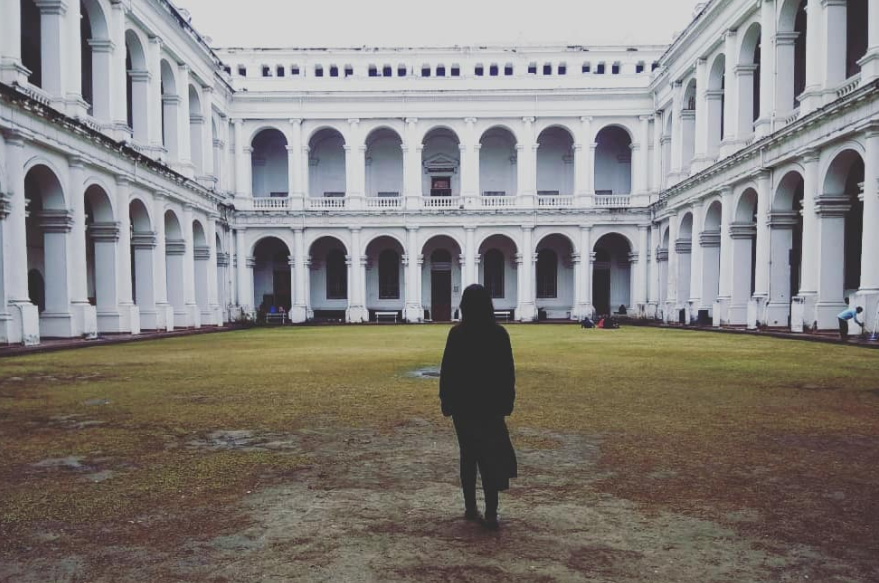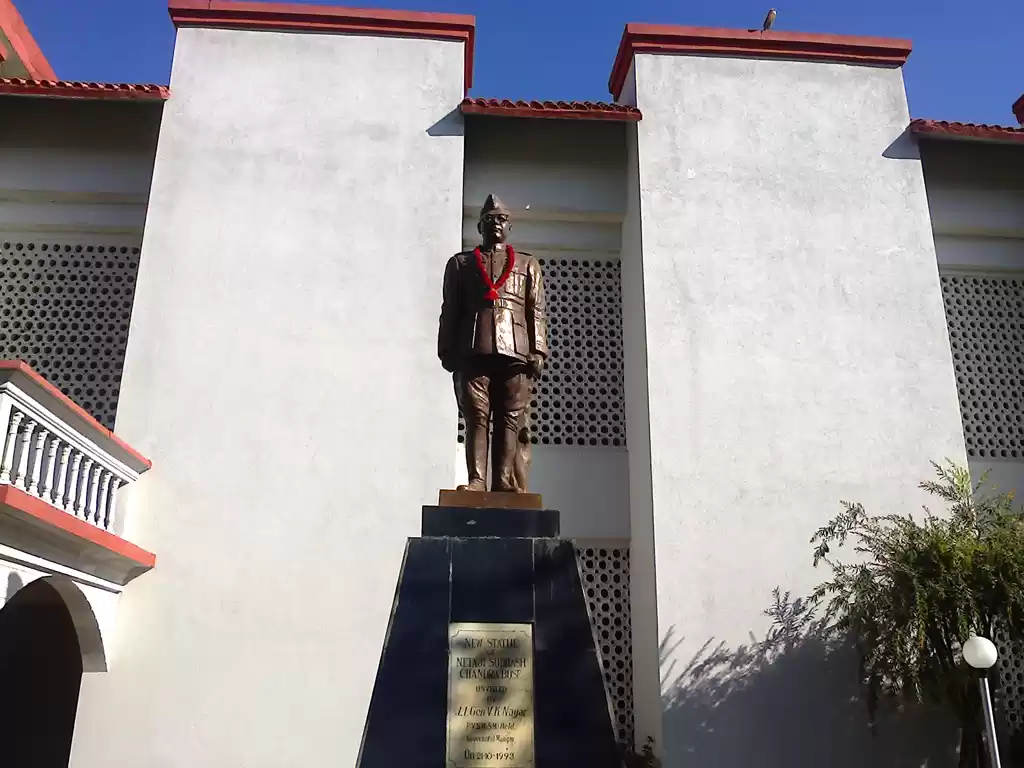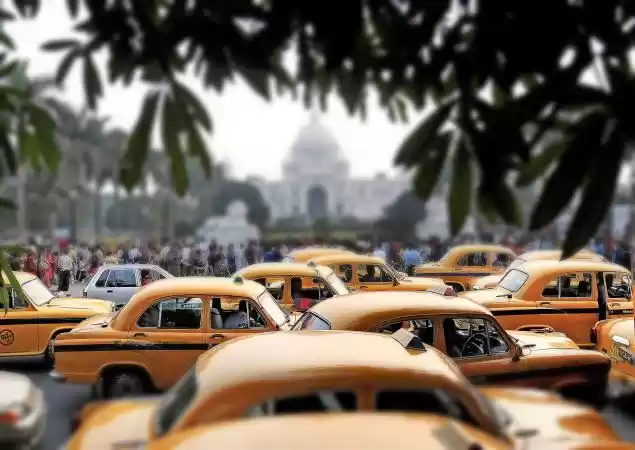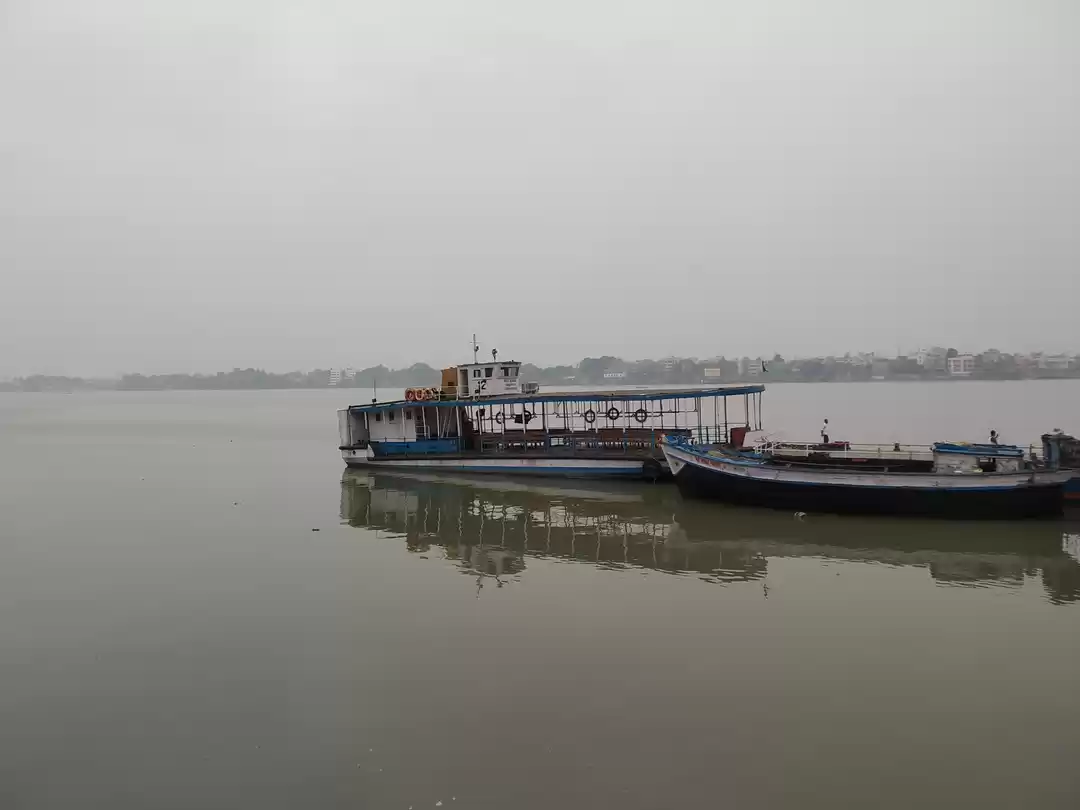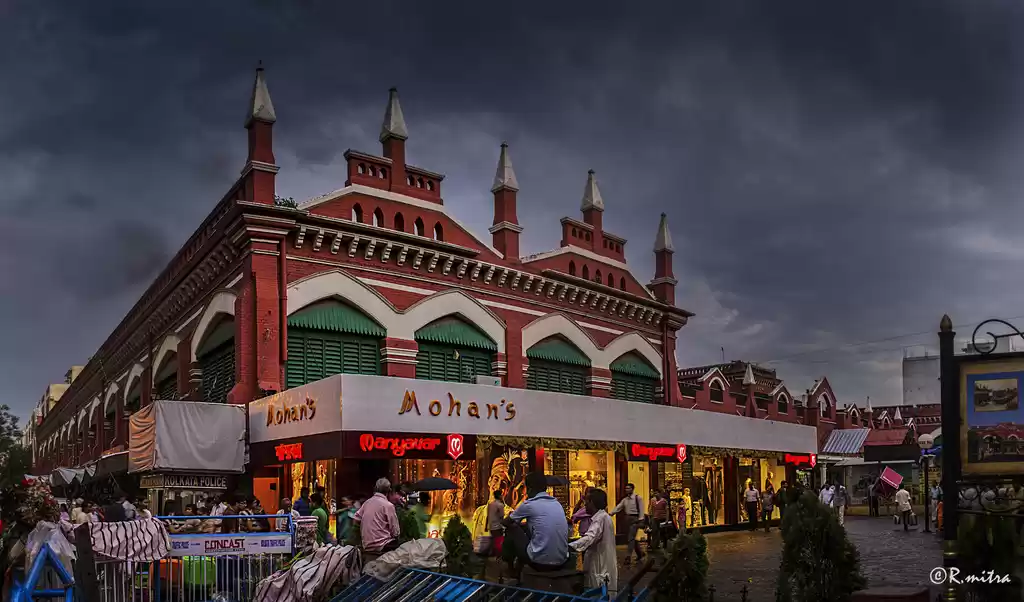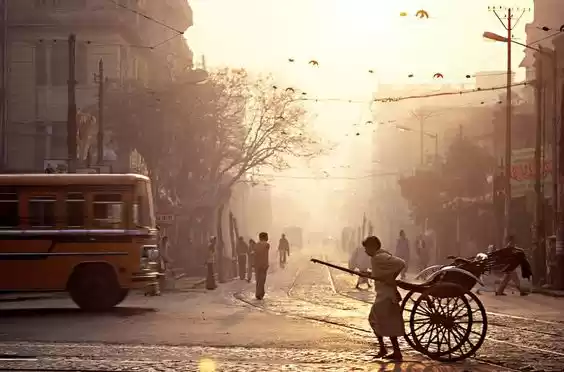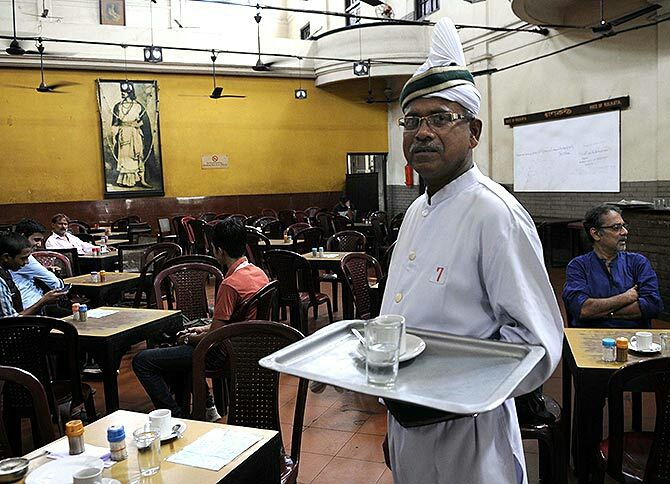
This place reeks of romantic nostalgia of my college life. A time when Brands like Baristas or Cafe Coffee day were not there, or rather they didn't come into being, Calcuttans had the luxury of having a place like these coffee shops where they could while away their time and no one would bother them and ask to leave the place or order something.
Situated in the academic hub of Kolkata, the College Street, the Indian Coffee House has become a favourite destination for hangouts not only for the students of nearby schools and colleges (Presidency college, Vidyasagar College etc.) but also the office goers and intellectuals of Kolkata. Coffee House is located at the junction of Bankim Chatterjee Street and Baithakkhana Road on college street in North Kolkata (Calcutta). Being a student of the iconic academic institution, Presidency College, this was a regular hangout of ours apart from the college canteen.
Kolkata's Coffee House and the term "Adda" have become synonimous to each other over the time. Adda is a small yet very powerful word, it means a light hearted exchange of views, It also means a discussion on a grave or light topic, or a rendesvous. Coffee House is a perfect place for "Adda", and has played an important part in Calcutta's (Kolkata) cultural history right from its inception. Discussions here range from campus tete-a-tete, study plans, politics, business, sports, films, music, future plans, dreams and almost anything under the sun. There is a very popular and nostalgic Bengali song by Manna Dey that is dedicated to the Adda culture of Coffee House... "Coffee House-er shei addata aaj aar nei, aaj aar nei...(Where has the Coffee House adda gone? Where have those golden evenings gone?)".
The history of Coffee House dates back to around 300 years when it was the residence of the great Bengali Philosopher and social reformer Shri Keshab Chandra Sen. Later this place was dedicated to Prince Albert Victor of Wales and was named "Albert hall". During the freedom struggle many swadeshi meetings were held here.
In the year 1942, the Coffee Board decided to start a coffee joint from the Albert Hall, and after independence in 1947, the Central Government changed the name to "Indian Coffee House". In 1958 the management decided to shut down the Coffee House, but the workers association decided to run this place on their own and since then the "Indian Coffe House" is being run by the "India Coffee Board Worker's Co-operative Society Ltd". In the year 1994 The Supreme Court of India recognized Coffee House as a cultural center of India and declared it a Heritage building.
Coffee House has been the Mecca for the Intellectuals, budding poets, painters, aspiring writers, playwrights and filmmakers. as a cultural center it was a place where new ideas were generated and exchanged. The Indian Coffee House has a variety of coffees and snacks to offer. Compared to other Coffee shops, the prices here are very less. The most popular coffee here is "Infusion". aThe menu also features a variety of chicken and fish preparations, snacks, sandwiches, chop cutlet, rolls, salad and chutney.
The interiors of this place was renovated in 2009. The walls are painted, paintings and portraits of greats like Rabindranath Tagore are put up, the marble top tables are still there but the wooden chairs have given way to the new plastc chairs, inspite of these changes, the mood, the old world charm and obviously the enthusiasm of people engaged in adda has not changed a bit. This place has been frequented by almost all the who's who of Kolkata. The waiters here have memories of people like Sunil Gangopadhyay, Satyajit Ray, Netaji Subhash Chandra Bose coming to have coffee and discussions. It’s the favourite haunt of many Calcutta celebrities like Aparna Sen, Manna Dey, Amartya Sen, Mrinal Sen, Goutam Ghosh etc.
